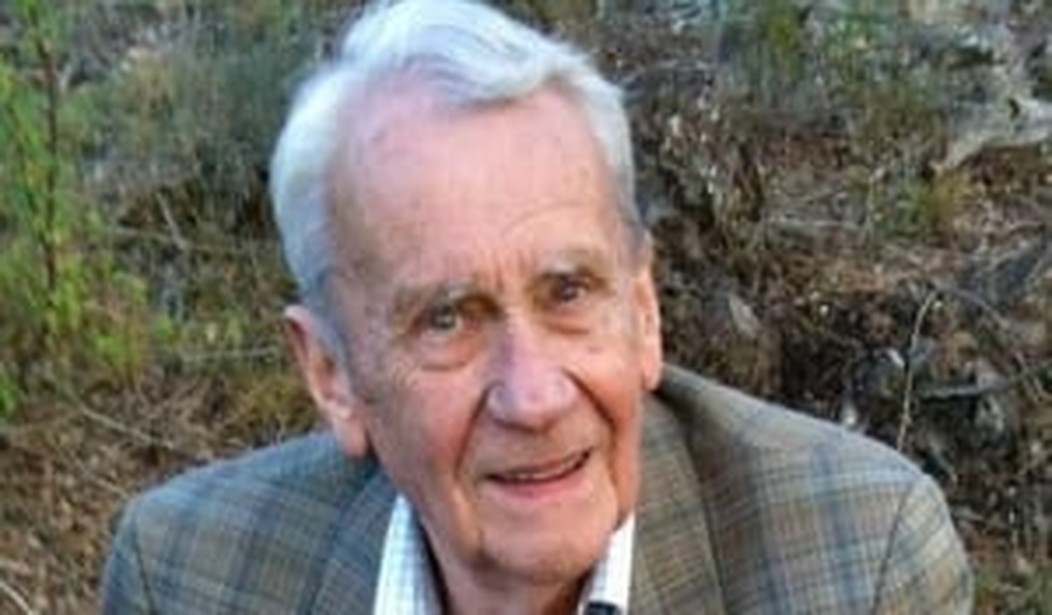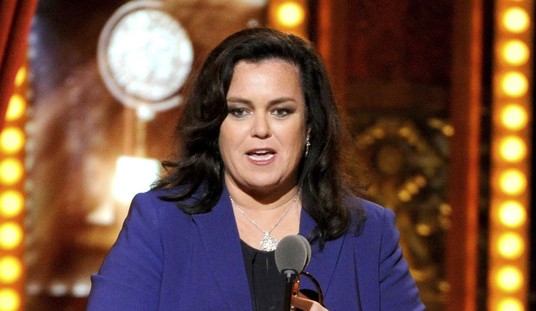Christopher Tolkien, the youngest son of the literary giant J.R.R. Tolkien, passed away at the age of 95. His father gained eternal fame as the author of The Hobbit and The Lord of the Rings, but when he died in 1973, he left many manuscripts unfinished. Christopher Tolkien finished his father’s works, preserving the brilliance of this classic author, building on his legacy, and becoming a literary giant himself.
The idea that Christopher Tolkien — who served in the Royal Air Force during World War II, lectured on Old Icelandic at Oxford, published his own work, and had children of his own — would be primarily remembered as a son may seem an insult but it is actually a testament to his humility and his decision to build on the tremendous legacy his father had created.
Christopher Tolkien published his father’s unpublished material starting with The Silmarillion in 1977 and ending with The Fall of Gondolin in 2018.
“Christopher’s commitment to his father’s works have seen dozens of publications released, and his own work as an academic in Oxford demonstrates his ability and skill as a scholar. Millions of people around the world will be forever grateful to Christopher for bringing us The Silmarillion, The Children of Húrin, The History of Middle-earth series and many others. We have lost a titan and he will be sorely missed,” Tolkien Society Chair Shaun Gunner said in a statement.
Christopher Tolkien has died at the age of 95. The Tolkien Society sends its deepest condolences to Baillie, Simon, Adam, Rachel and the whole Tolkien family. pic.twitter.com/X83PTx4b7x
— Tolkien Society (@TolkienSociety) January 16, 2020
“Tolkien studies would never be what it is today without Christopher Tolkien’s contribution,” Tolkien scholar Dimitra Fimi said. “From editing The Silmarillion to the mammoth task of giving us the History of Middle-earth series, he revealed his father’s grand vision of a rich and complex mythology. He gave us a window into Tolkien’s creative process, and he provided scholarly commentary that enriched our understanding of Middle-earth. He was Middle-earth’s cartographer and first scholar.”
Like his father before him, Christopher Tolkien was a Roman Catholic, and that theology informed his work as it did his father’s. The deeply Christian influence shines through in The Lord of the Rings and provided immense contributions to the mythology of The Silmarillion. While the recent Disney film Tolkien (2019) captured the personal tragedy and imaginative inspiration of J.R.R. Tolkien, the film excised his faith from the narrative despite its centrality to his work.
Tolkien worked with C.S. Lewis on the idea that Christianity is the Myth Became Fact — a fulfillment of the earlier pagan mythologies. This view gave birth to the vibrant world of Middle Earth, which audiences still find intoxicating.
After the tremendous success of the stellar The Lord of the Rings trilogy at the turn of the millennium and the box office success of the inferior Hobbit trilogy a decade later, Amazon is currently working on a television series focused on the Second Age, 3,441 years before the age in which The Lord of the Rings takes place.
Christopher Tolkien lamented the commercialization of his father’s work, in particular, the popular The Lord of the Rings trilogy. “They gutted the book, making an action film for 15-to-25-year-olds,” he told Le Monde in 2012.
I grew up loving The Lord of the Rings, both the trilogy and the books, and my brother’s acting career was partially thanks to his obsession with Tolkien’s classic tale. Our debt to J.R.R. Tolkien and his impressive son is immense — both culturally and personally. May both of the great Tolkiens rest in peace, and I pray to meet both of them in the Undying Lands.
Tyler O’Neil is the author of Making Hate Pay: The Corruption of the Southern Poverty Law Center. Follow him on Twitter at @Tyler2ONeil.









Join the conversation as a VIP Member